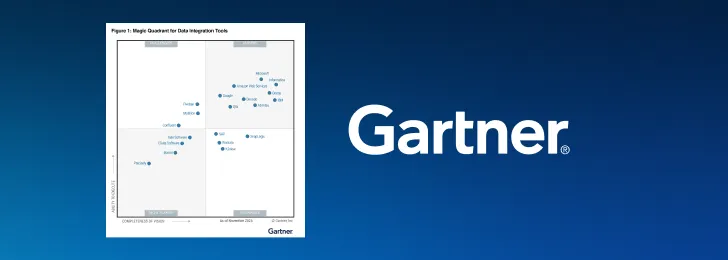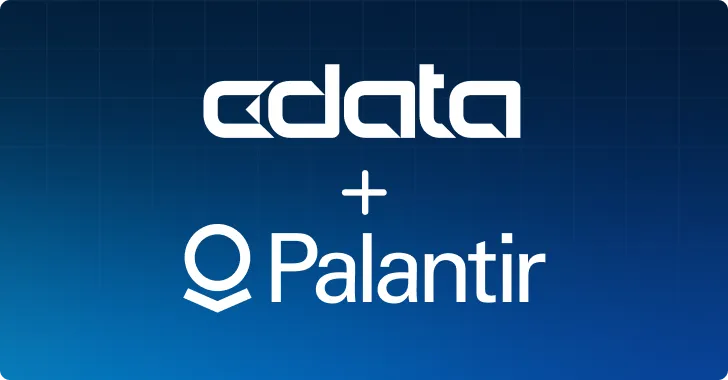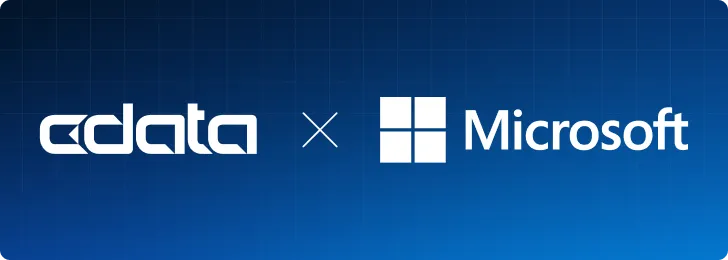
Bengaluru, widely touted as India’s own Silicon Valley, played host to the Data Engineering Summit 2025 (DES 2025) on May 15–16, drawing over a thousand data engineers, architects, AI practitioners, and innovators. Organized by Analytics India Magazine, this year’s summit wasn’t just about pipelines and platforms, it was about redefining the role of data engineering in an AI-native world.
And if there was one message that resonated throughout the event, it was this:
Data engineering is no longer backend plumbing—it’s the nervous system of intelligent enterprises.
From pipelines to possibilities
One of the first things that struck me at DES 2025 was how much the conversation has shifted toward real-time DataOps. From the moment the summit kicked off, it was clear that tools like Apache Kafka, dbt, and Airflow are no longer just part of the data stack—they’re central to enabling streaming-first architectures that power agentic AI systems. These aren’t your traditional dashboards anymore. We’re talking about AI agents that can reason, retrieve, and act on data without human intervention.
If there was one buzzword I heard again and again, it was "productionization." The experimental stage is over; Organizations now expect real ROI from their AI and data investments, and data engineering is right at the center of that transformation.
Many of my conversations revolved around… MCP servers
As part of the CData team, one of the most exciting moments for me personally was unveiling our beta CData MCP Servers. These aren’t just another connector layer; this is conversational data access reimagined. The idea that you can "chat with your data" using natural language, without needing to write a single line of SQL, is something that genuinely resonated with the DES crowd.
At the heart of this is Vibe Querying, our approach to translating human intent into context-aware, governed queries across any data source. Whether you're a business user, an analyst, or even an AI agent, Vibe Querying bridges the gap between natural language and intelligent data execution.
And honestly, we weren’t just giving demos, we were offering a glimpse into what's next for data interaction, one that fits perfectly into the summit's vision for Agentic AI.
Key takeaways from DES 2025
- Agentic data systems are here
AI agents aren’t just reading data; they're making decisions. That means our approach to data governance, access, and structure must evolve. The future is conversational, contextual, and real-time.
- From ETL to reverse ETL — and beyond
It’s not just about extracting and transforming data anymore. Reverse ETL is pushing insights back into operational systems, enabling personalized, real-time user experiences.
- Semantic layers are essential
With LLMs embedded directly in workflows, semantic layers are becoming the connective tissue between raw data and business context. They're critical for enabling context-aware AI and easing the workload on analysts.
- Privacy-preserving AI & federated access
There was a lot of buzz around federated learning, differential privacy, and zero-trust architectures. For me, these sessions underscored how important it is to build AI systems that don’t compromise on data privacy, especially in regulated sectors.
- The modern data stack is fragmenting — and that’s okay
The days of one-size-fits-all stacks are over. We're entering an era of modular, composable ecosystems where tools like Apache Arrow, Iceberg, and Delta Lake make it easier than ever to mix, match, and integrate across platforms.
- Sustainability in data engineering
I was really encouraged to see conversations around green data engineering. From optimizing compute to cutting down on data duplication, we’re finally talking about how to make data pipelines more energy-efficient, a must as AI scales.
Final thoughts: We are entering the age of intelligent data
What DES 2025 really drove home for me is this:
Data engineering is no longer about moving data. It’s about empowering intelligence.
With conversational tools like CData MCP Servers, privacy-first design principles, and a more sustainable mindset, we’re seeing data engineering transform from a backend function into a core driver of enterprise intelligence.
And honestly? I can’t wait to see what comes next.
Try CData MCP Servers Beta
As AI moves toward more contextual intelligence, CData MCP Servers can bridge the gap between your AI and business data.





